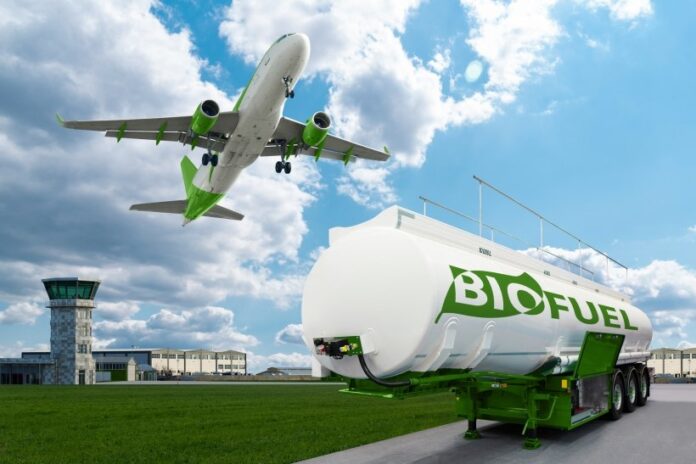The International Air Transport Association (IATA) announced on Sunday that global production of sustainable aviation fuel (SAF) is expected to double in 2025, reaching 2 million tonnes.
However, this still represents only 0.7% of airlines’ total fuel consumption, raising concerns about the aviation industry’s ability to meet its long-term climate targets.
Despite the projected increase, IATA warned that the pace of SAF production remains far too slow. The limited availability of the cleaner fuel, made from waste oils and biomass, is creating tension between airlines, energy suppliers, and aircraft manufacturers, further complicating the path to net-zero emissions by 2050.
IATA Director General Willie Walsh emphasized that the slow ramp-up in SAF output could cost the aviation industry an additional $4.4 billion globally next year. “The production increase is encouraging, but the pace of progress in scaling up and driving down costs must accelerate,” Walsh stated.
Airlines have been pushing for faster deliveries of more fuel-efficient jets from Airbus (AIR.PA) and Boeing (BA.N), while also urging energy companies to expand SAF supply. The industry committed in 2021 to achieving net-zero carbon emissions by mid-century, a goal largely hinging on the wider adoption of SAF.
As the clock ticks toward 2050, the aviation sector finds itself at a critical crossroads — balancing economic pressures, supply chain challenges, and the urgent need to decarbonize.























